The Computação sem Fronteiras action, organised by INESC TEC as part of the Verão no Campus 2025 initiative at the University of Minho, granted 27 high school students an immersive experience in various areas of computer science, computing, physics engineering, and biomedical engineering through hands-on and collaborative activities.
The session Hello, World! introduced students to Python programming in an accessible way using the interactive Jupyter Notebook environment; the participants explored fundamental concepts, encouraging critical thinking and practical learning.
In the Bioinformatics workshop, students addressed genetic challenges using Python programming, showcasing the role of computing in biomedical research and fostering teamwork.
An introduction to genetic algorithms featured an online game where students applied principles of natural selection to optimise rocket trajectories, all while learning the fundamentals of artificial intelligence and JavaScript.
The Artificial Intelligence workshop allowed students to explore DNA sequences with the support of a chatbot and visualise 3D protein structures – bringing together biology and programming in a dynamic and engaging way.
During the Internet of Things (IoT) activity, students developed creative projects using sensors and microcontrollers, e.g., self-sufficient plants and smart home lighting systems. The workshop introduced them to programming in C and the basics of device networks.
Also during the week, as part of the supercomputing activities, the students worked in teams to organise cards in parallel – simulating the collaborative operation of a supercomputer. In addition, they visited Deucalion, the most powerful supercomputer in Portugal and one of the most powerful in Europe – equivalent to more than 4000 laptops operating simultaneously.
The Quantum Computing workshop presented the foundational principles of this emerging field, engaging participants with intuitive games to increase understanding, and concluded with a discussion on the future applications of quantum computing.
The Security, Cryptography, and Networks workshop explored how digital networks work and the importance of encryption in protecting data. Students simulated secure message exchanges and implemented classical ciphers, gaining insight into cybersecurity practices.
The week wrapped up with an introduction to functional programming using the Haskell language in Jupyter Notebook. Students solved challenging problems that developed their logical and abstract reasoning skills.
“Our goal was to introduce high school students to problem analysis and computer-based solutions, covering areas like AI, cybersecurity, IoT, and more,” explained José Nuno Oliveira, INESC TEC researcher and coordinator of the activity. “This year was no exception: every student had the chance to programme a computer to solve complex problems while also getting to know the educational opportunities of the Department of Informatics at the University of Minho,” he added.
The team of researchers included Alícia Oliveira, Ana Neri, Beatriz Cepa, Bernardo Malaca, Bruno Pereira, José Nuno Oliveira, José Pedro Peixoto, Luís Meruje, Mariana Miranda, Pedro Moreira, Rúben Adão, Rui Monteiro, Rui Silva, and Susana Marques – all INESC TEC researchers specialising in high-assurance software – together with Lara Regina, a master’s student at the University of Minho.
The researchers mentioned in this news piece are associated with INESC TEC, U.Minho and CNCA.

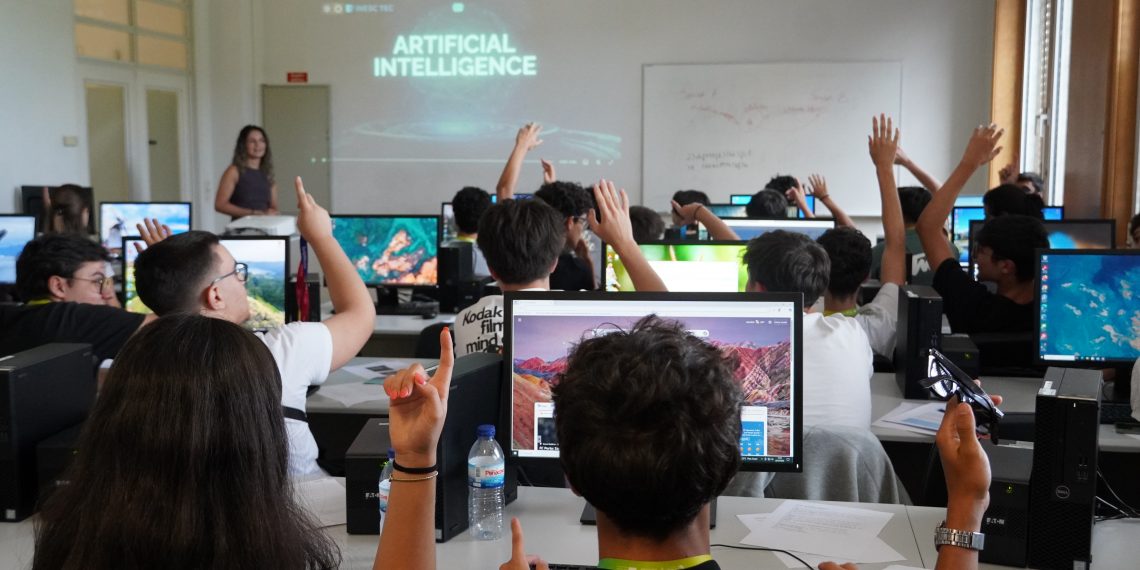
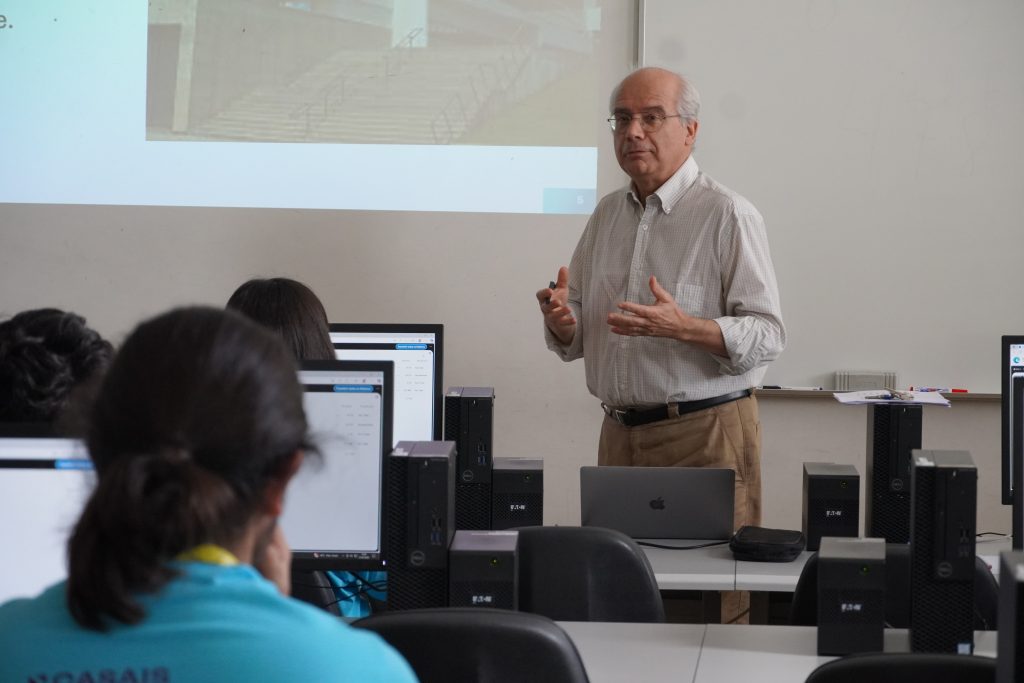
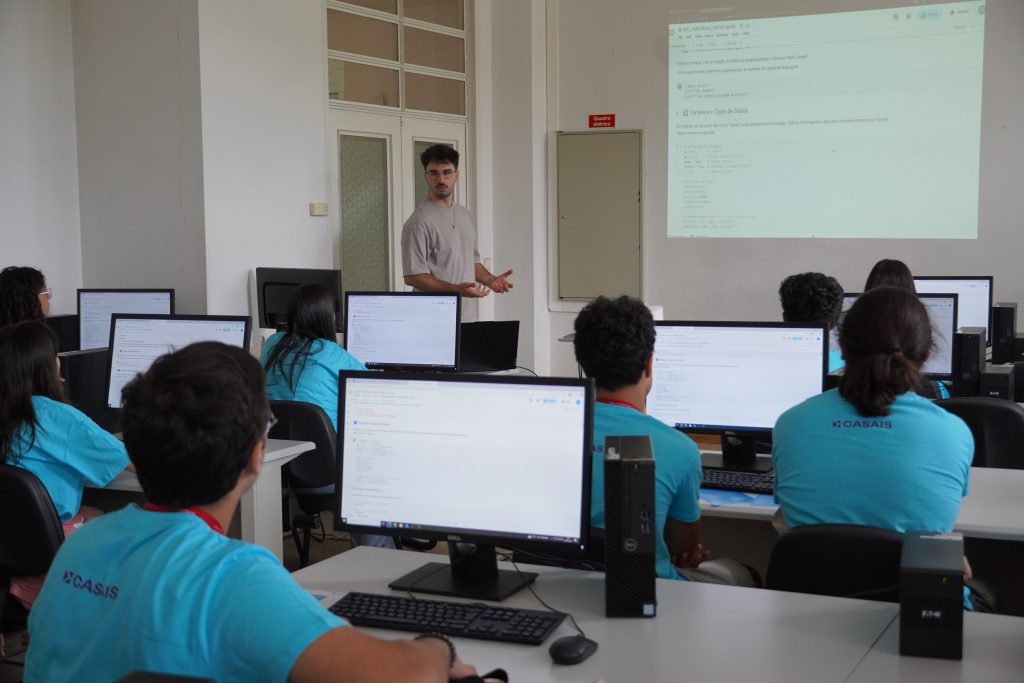
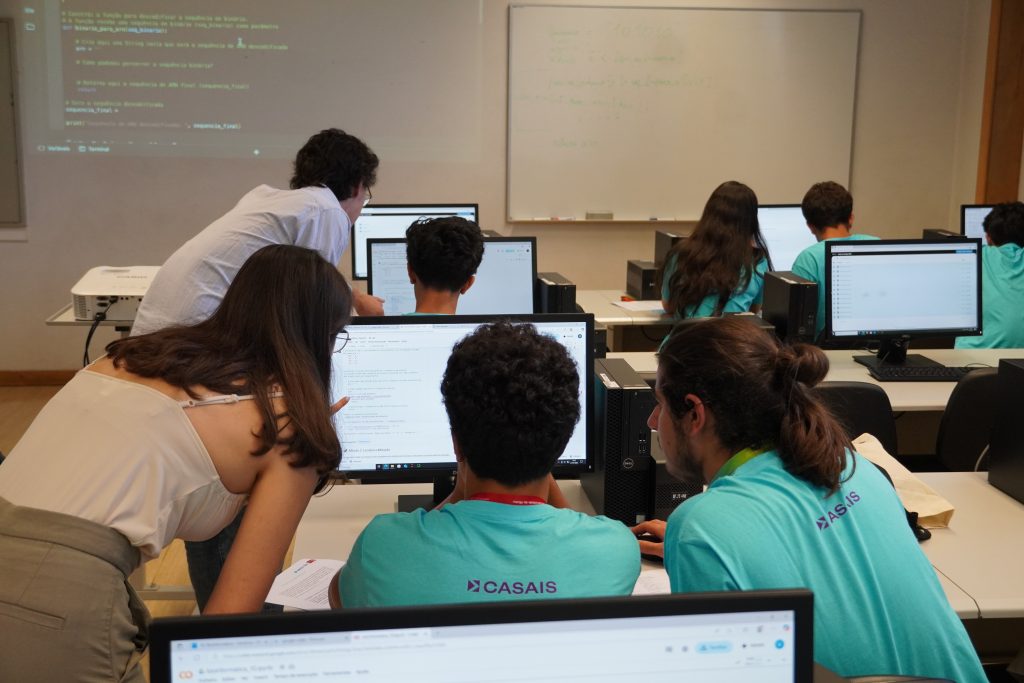
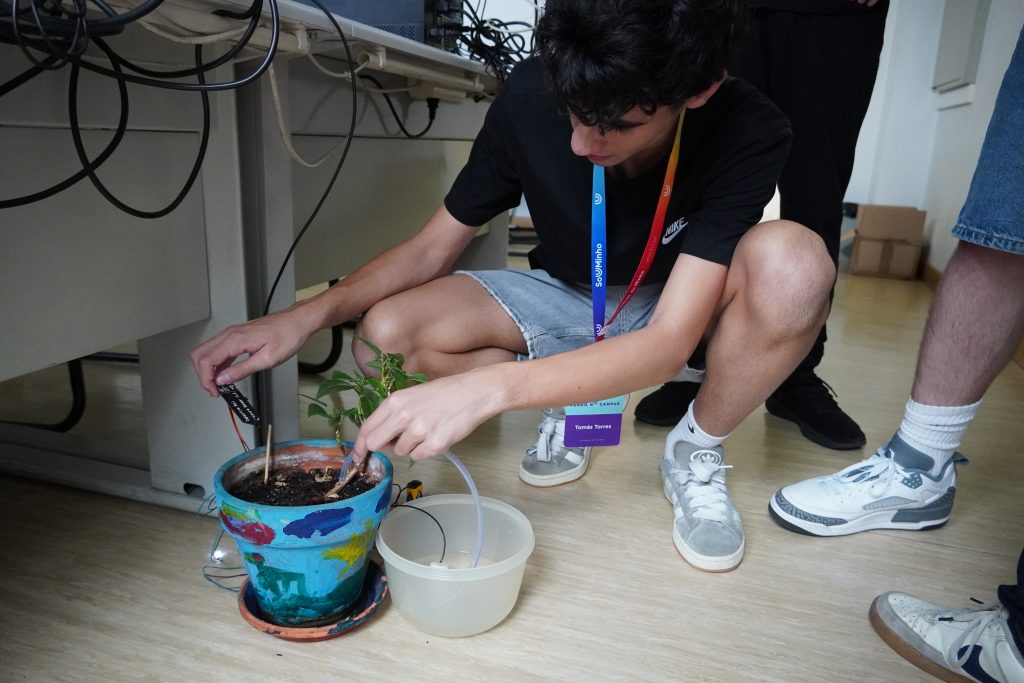
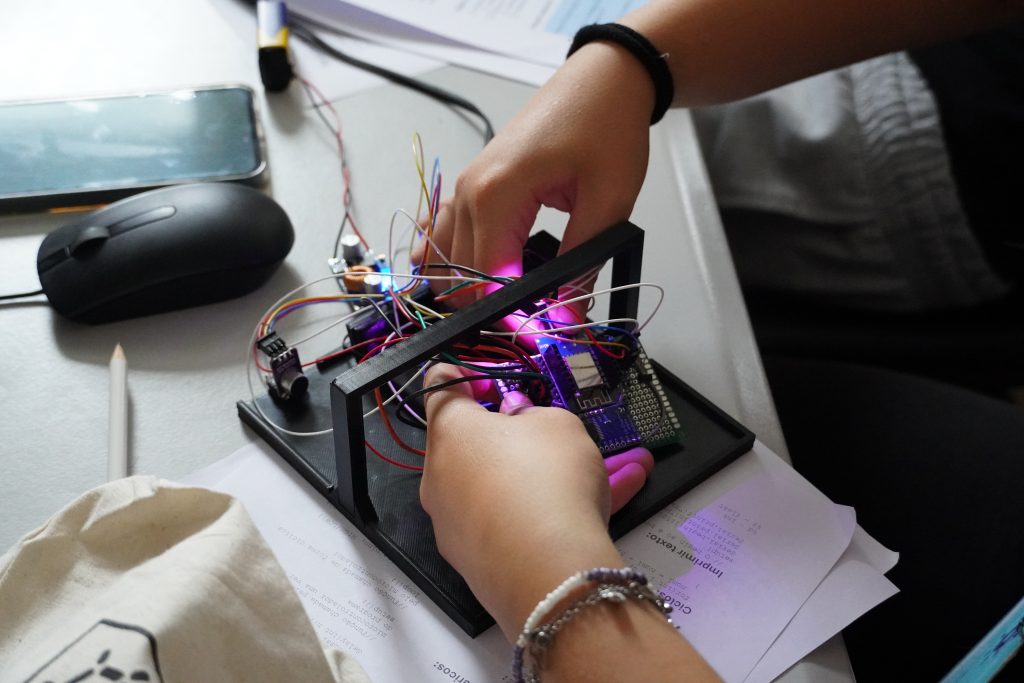
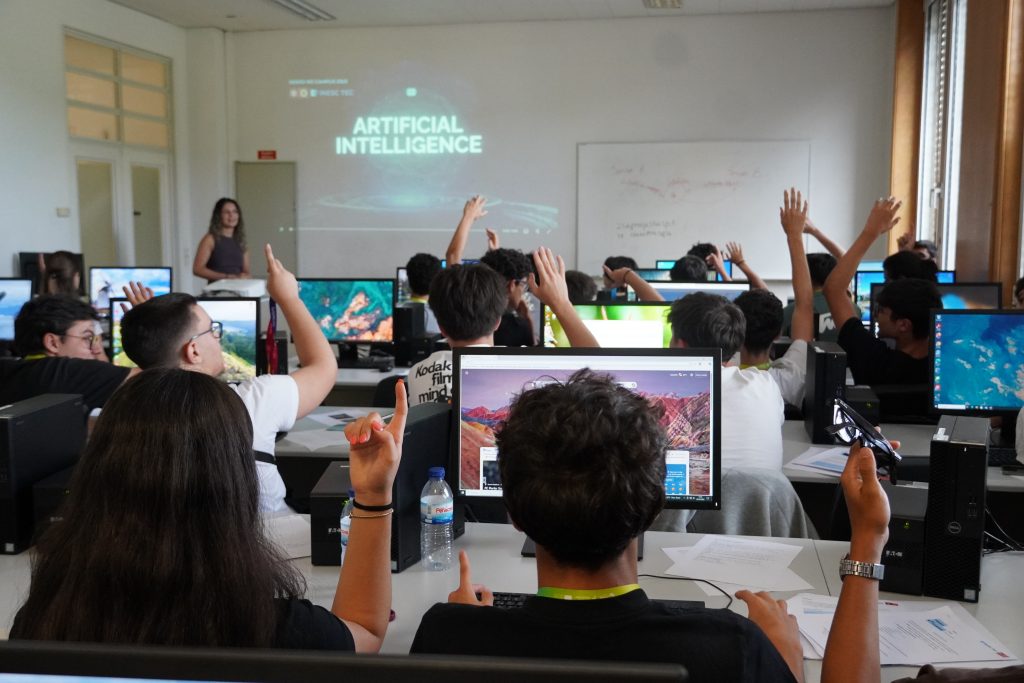
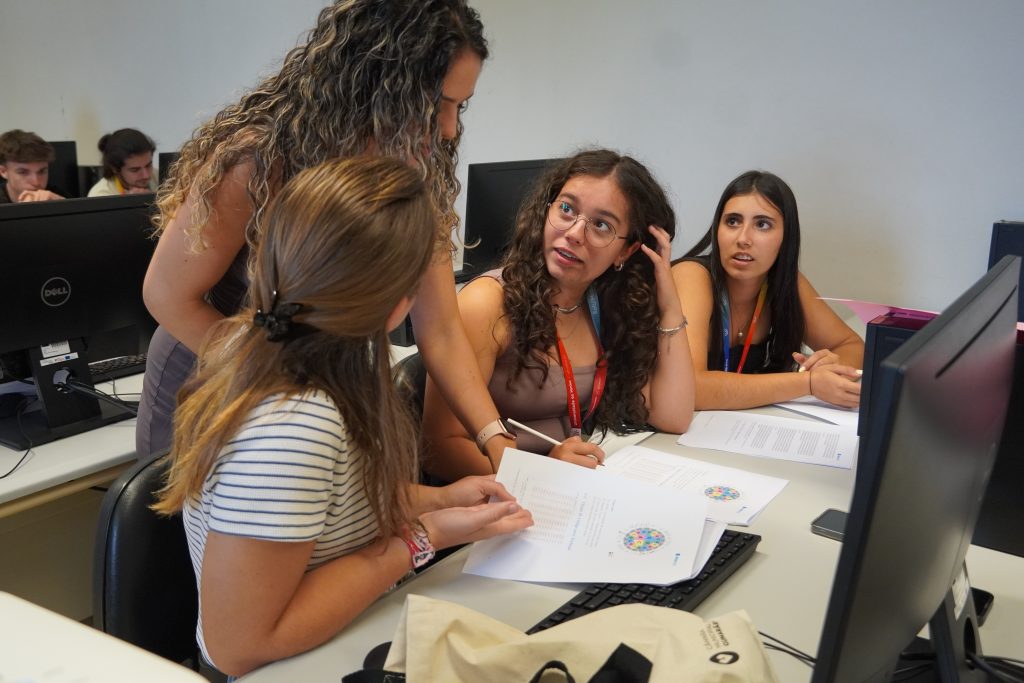
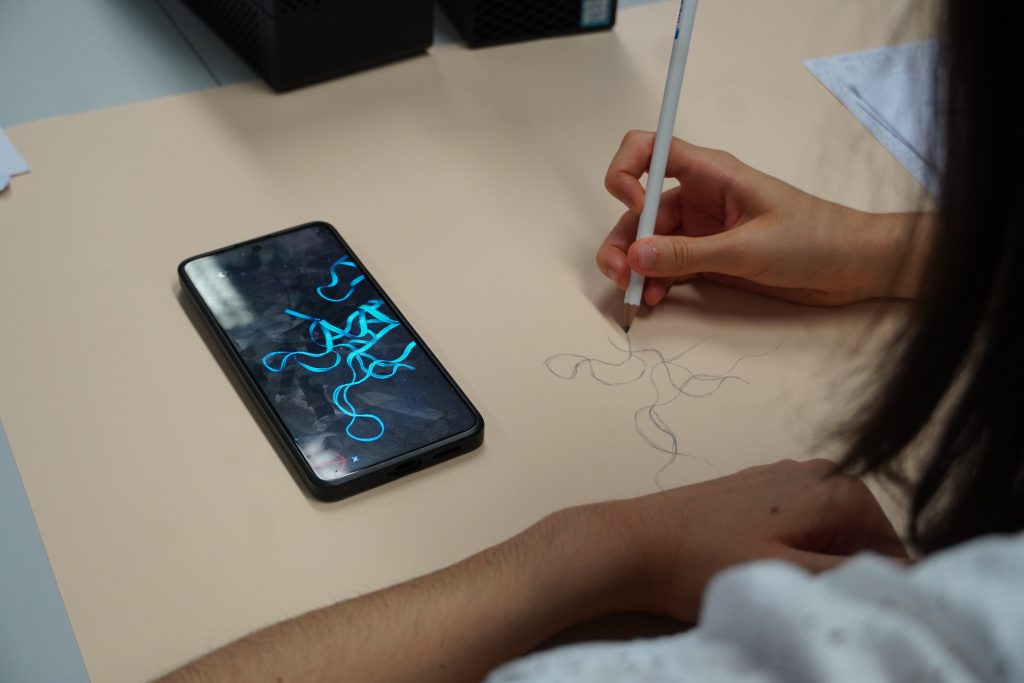
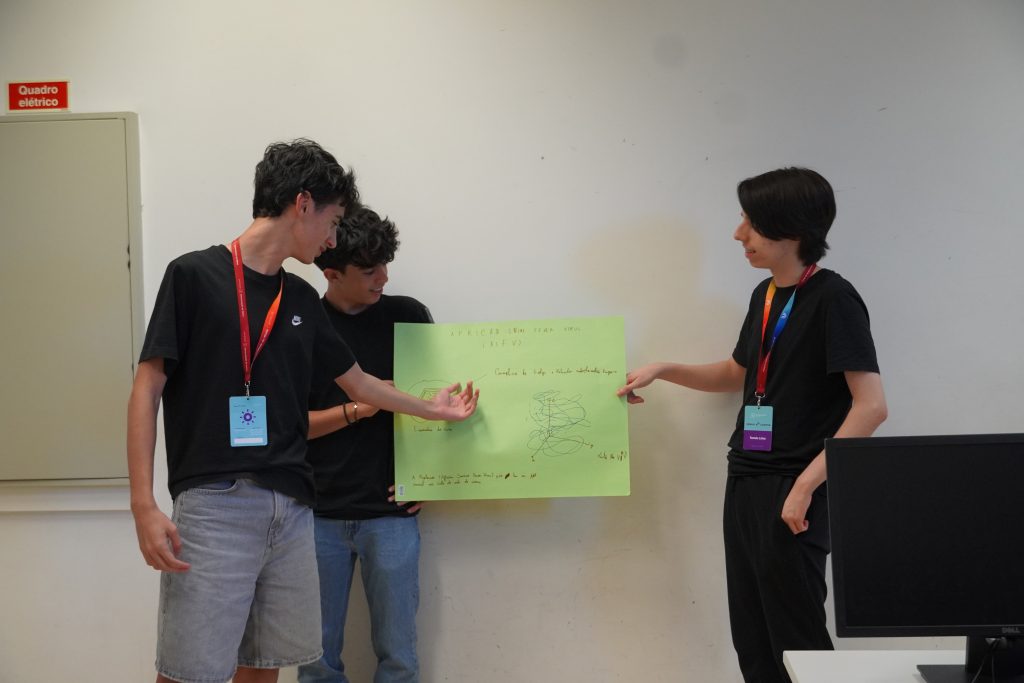
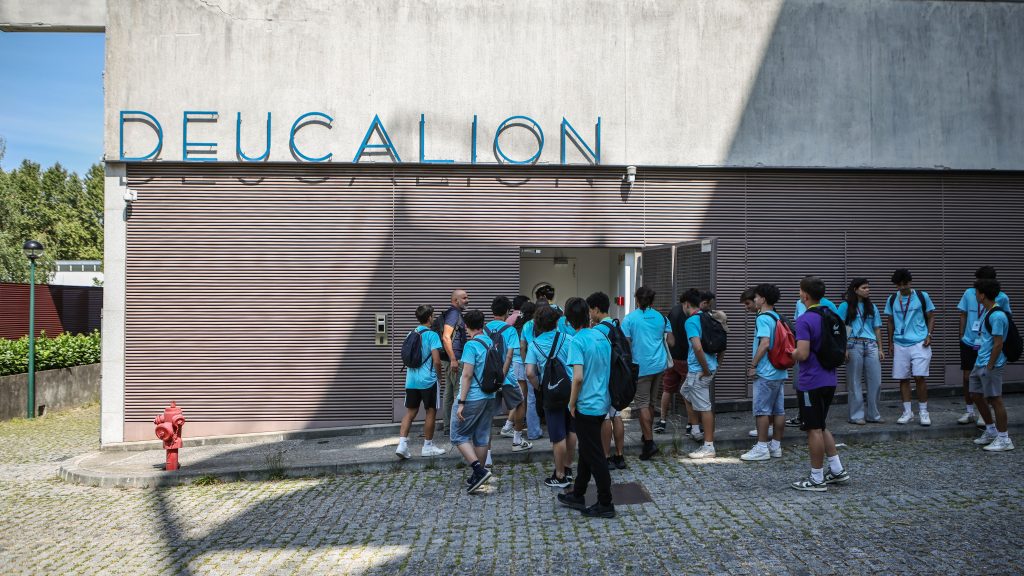
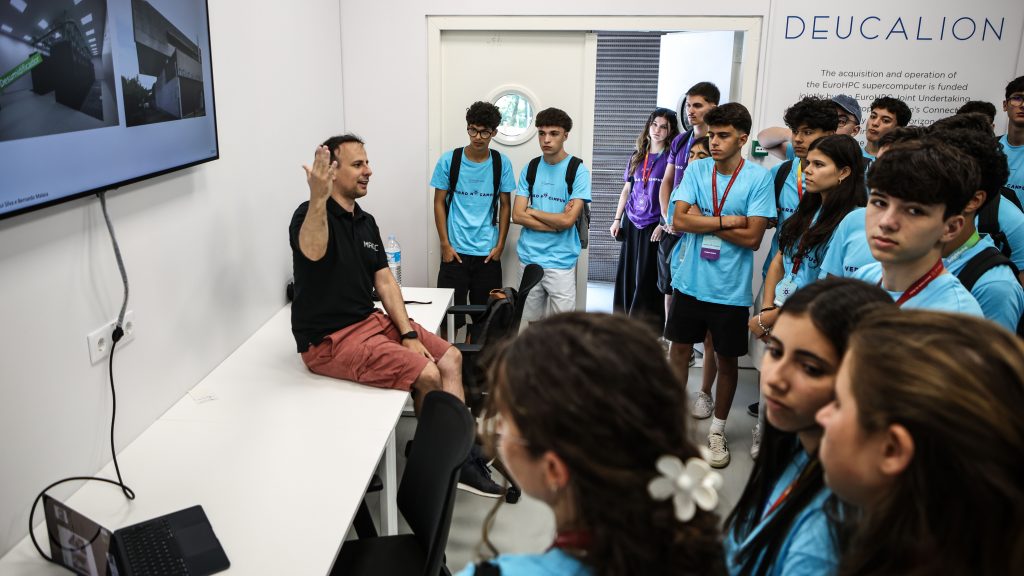
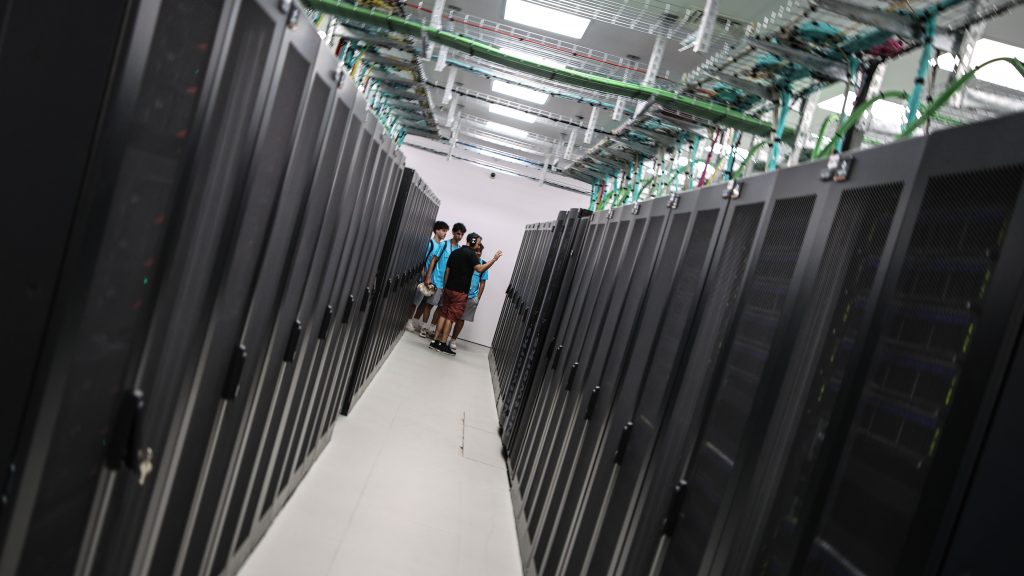
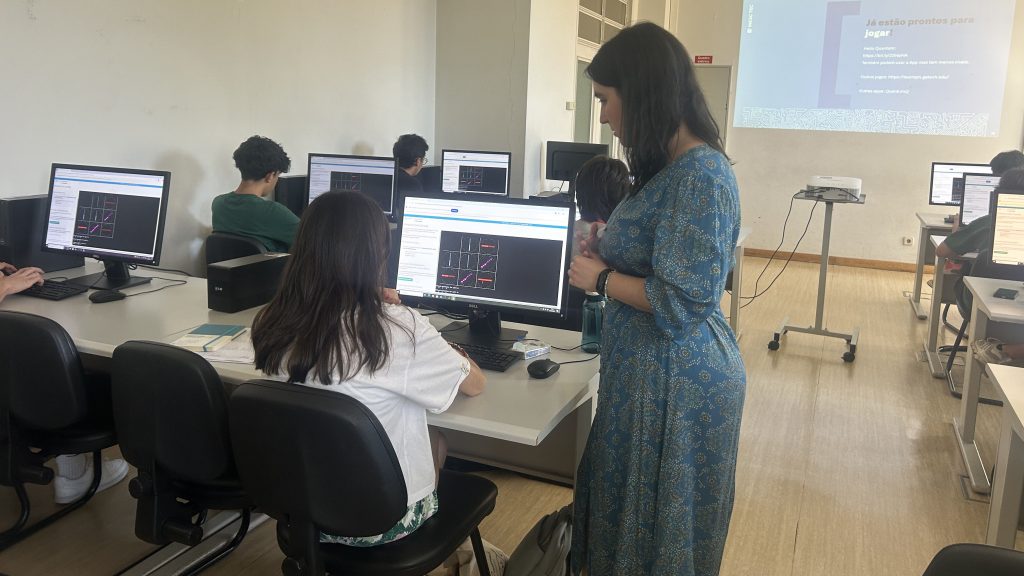
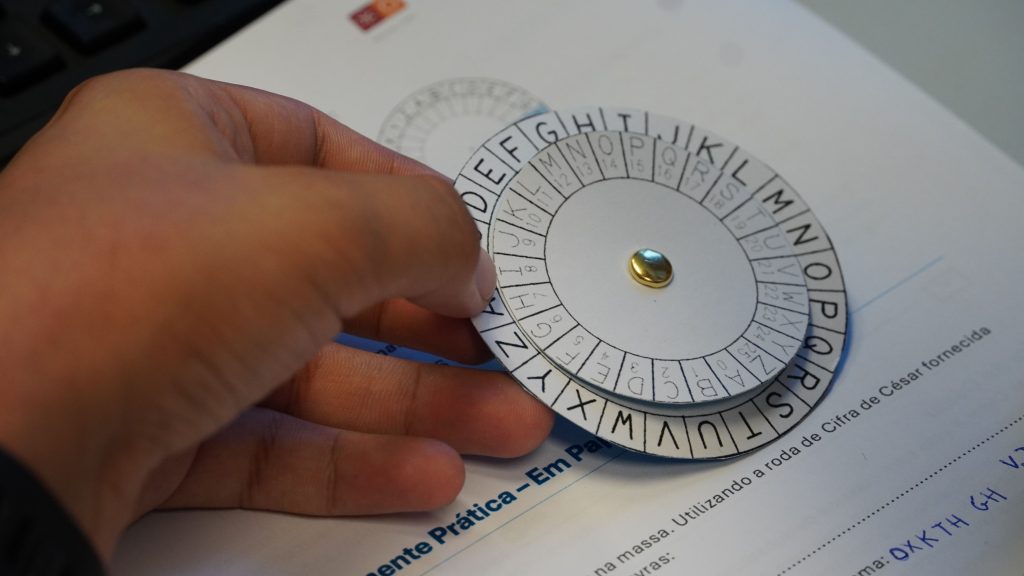
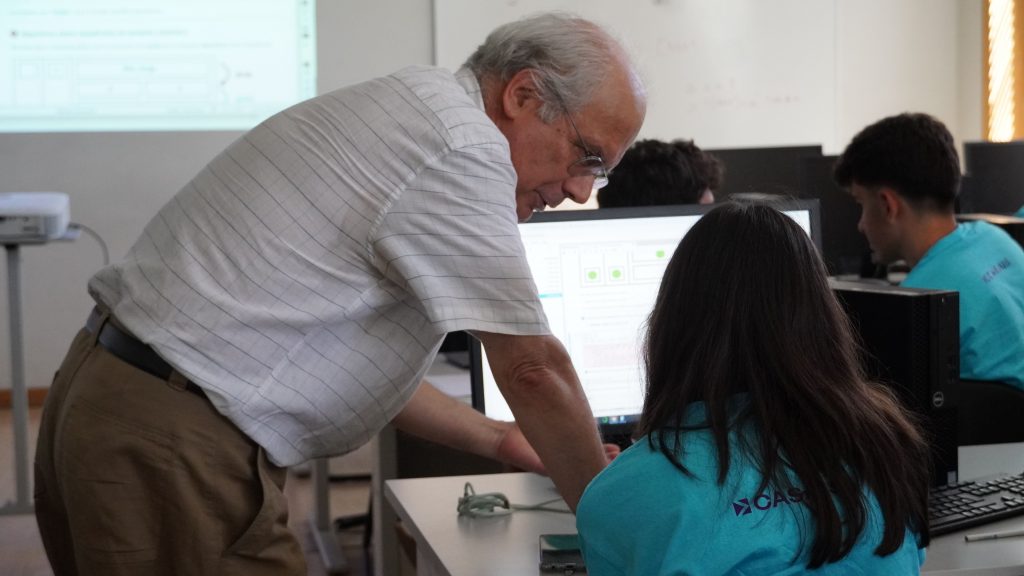
 News, current topics, curiosities and so much more about INESC TEC and its community!
News, current topics, curiosities and so much more about INESC TEC and its community!